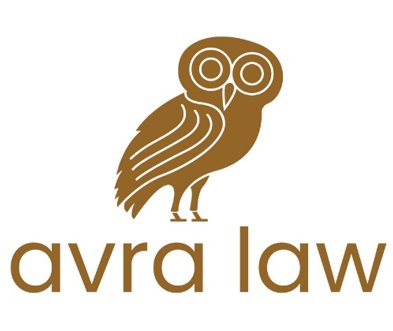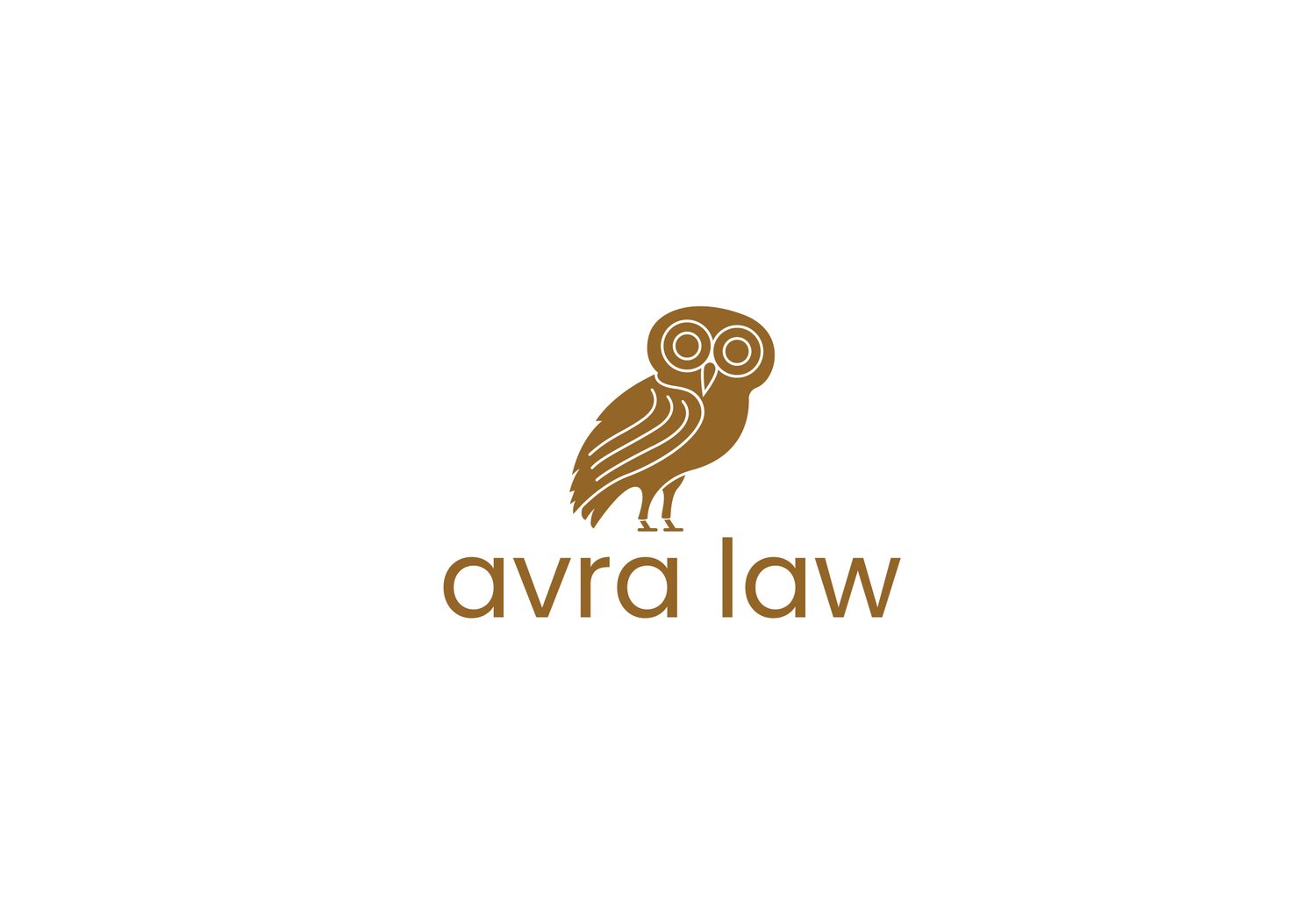Competition Act: Exclusive-Use Clauses in Real Estate
Recent amendments to the Competition Act (effective December 15th, 2024) give the Canadian Competition Bureau (CCB) new tools to police real estate deals that include land-use restrictions that limit how a space can be used by competing businesses. On June 4th, 2025, the CCB released updated enforcement guidelines outlining their approach to competitor property control reviews.
While property controls used by dominant firms were already reviewable as abuses of dominance prior to the changes to the Competition Act, these changes aim to streamline enforcement where anti-competitive acts or harm to competition are identified in the context of collaboration between firms.
Common examples of property controls in commercial real estate development include:
Exclusivity Clauses in Leases: “A clause within a commercial lease that limits how the land can be used by competitors to a tenant. This could prohibit the lessor from leasing a unit or a piece of land to a company that competes with an existing tenant, or limit what or how products can be sold.[1]” and;
Restrictive Covenants: “A restriction on land that prevents a purchaser or owner of a commercial property from using the location to operate or lease to operators of certain types of businesses that compete with a previous owner.[2]”
The Bureau’s guidance makes clear that property controls are not illegal per se, but any benefit must be weighed against the harm to competition. Firms should be prepared to show a positive business rationale for any restriction. For instance, a shopping-centre could argue that an exclusivity clause was needed to persuade a major retailer (say, a cinema operator) to incur significant build-out costs. But even then, the clause must be narrowly tailored.
Key factors the Bureau will consider include[3]:
The Timeframe of the Restriction
The Geographic Scope of the Restriction
The Products and Services covered by the Restriction
In short, any clause must be as limited as possible. The Bureau explicitly notes that restrictive covenants are “exclusionary” and usually long-lasting, and it “do[es] not consider their use to be justified outside of exceptional circumstances”[4]. In contrast, exclusivity clauses may be acceptable in rare cases (such as attracting a new anchor lessee), but only to the minimal extent needed.
How are the big players reacting?
As an illustration of the practical effects of these changes, Loblaws and Sobeys, two of Canada’s largest grocery retailers, have adjusted their property control practices in response. Loblaws has committed to removing existing restrictive covenants, avoiding new ones, and relaxing exclusivity clauses near its stores, including Shoppers Drug Mart locations, effective November 2024. Similarly, Sobeys’ parent company, Empire, eliminated a property control in Crowsnest Pass, Alberta, which had previously limited local retail competition.
What does this mean for you?
As a priority, both landlords and tenants should audit their lease clauses. The Bureau offers four practical questions to ask about every property control[5]:
Is this control truly necessary to allow a new business to enter or invest? (e.g. would an anchor tenant build the store without it?)
Could the control be shorter in duration?
Could it cover fewer products or services?
Could it cover a smaller geographic area?
Answering “no” to any of these questions suggests the restriction may be too broad. Landlords in BC (as elsewhere) should particularly consider whether a different tenant might succeed without an exclusivity clause. If a restriction is not strictly needed for initial entry or investment, the Bureau encourages businesses to eliminate or narrow it or risk enforcement action.
Enforcement and Risks
If a competitor property control is found to substantially prevent or lessen competition, the Bureau (or Tribunal) can impose serious remedies. This could include prohibition orders forbidding the clause, corrective orders (e.g. requiring the landowner to stop enforcing it), and even hefty administrative monetary penalties.
Abuse-of-dominance provisions (ss.78–79 of the Act) also apply. A firm with a dominant market position that uses a clause for anti-competitive ends can face prohibitions and substantial fines (potentially in the tens of millions of dollars), especially if it can’t show pro-competitive justification. Keep in mind that abuse of dominance is not limited to the largest corporations; the requirements for a finding of a dominant market position can vary significantly between industries and locales.
In practice, the Bureau emphasizes that any restriction that isn’t credibly justified will be risky. For example, a clause that blocks all similar tenants from any of a landlord’s properties or lasts indefinitely is “generally unjustified”. Restrictive covenants (land-use covenants) are under even greater scrutiny. Virtually all such covenants are viewed as problematic unless there are truly exceptional reasons.
Takeaways
Commercial landlords across Canada must ensure their lease agreements comply with these guidelines or risk enforcement action against them. As a practical step: revisit any exclusive-use clause or covenant in your leases. Ask whether it survives the four-question test above and consider tightening it. Document any legitimate pro-competitive reasons (e.g. a tenant’s need to recoup development costs).
Keep in mind that even if the Bureau is unlikely to press action on a narrowly justified clause, competitors can now, as of June 20th, 2025, challenge controls themselves[6] (for more information see here).
Ultimately, a careful review is key. The Competition Bureau’s guidance stresses caution: property controls can help competition by enabling new investments, but only if they are truly necessary and no broader than needed.
Disclaimer: This post is for general information only and isn’t legal advice. For advice about your situation, please consult a qualified lawyer at Avra Law.

